Calming the anxious mind with Traditional Chinese Medicine
Acupuncture for insomnia and anxiety
Anxiety and insomnia are two of the most common things I see in clinic. Some patients come to see me specifically to address this, but it often comes up when they are in for other issues such as musculoskeletal pain or digestive issues. When we are anxious and not sleeping well, it is a sign that our nervous system is dysregulated. This imbalance often leads to or exacerbates other problems like musculoskeletal pain, inflammatory disease like digestive issues or arthritis. Therefore, addressing sleep and anxiety are key parts of my work with patients.
Anxiety and insomnia can be particularly frustrating conditions, and patients often express to me that they feel they have tried everything. They meditate before bed, restrict phone time, avoid coffee and still they are lying awake at night. So what is the missing piece?
Historically in the West, the mind and body have been seen as separate and treatment techniques for psychological problems like anxiety focused on addressing what was going on in the mind. However, swathes of modern evidence have led current psychological thinking to view the body and mind as connected, and therefore modern treatments for calming an anxious mind include the body as a centre piece. These two approaches are termed the head-down and body-up approaches. This means that we either aim to calm the mind by addressing what is going on in the head (thought content), or we calm the mind using the body. Examples of the second approach include body scan meditations and breathing techniques. In practice I have found that it is often more effective to untangle an anxious mind by going to the body first, and this can be the missing piece for some individuals.
Acupuncture for anxiety and insomnia works in a similar way to the body-up psychological approaches to anxiety and insomnia. We address imbalances in the energy (Qi) systems of the body and by doing this we calm the mind.
From a Chinese Medicine perspective the mind (called Shen) is controlled by the heart. At night-time this Shen needs to come back into the heart to allow us to rest. When we are anxious or cannot sleep, it is often because the Shen has not been secured in the heart, allowing the busy mind to run rampant. When the Shen is not anchored in the body, anxiety and other symptoms of dissociation can present as energy gets stuck in the head. This can look like a racing mind, heart palpitations, shortness of breath, a feeling of panic and or disconnection, numbness and being “out of the body”. By anchoring the Shen in the heart and bringing the Qi back into the body, we can calm the anxious mind and bring the body out of a state of fight-flight. This is important because being stuck in this state for a long period of time with chronic stress is what can often lead to burn out, fatigue and chronic illness. Check out my blog on burn out where I delve into this dynamic further. Additionally lack of sleep and chronic stress have a way of exacerbating pain and other chronic symptoms.
So how do we actually do this?
Chinese Medicine works by understanding how everything is interrelated and addressing disharmony between those related parts. The simplest example of this is demonstrated by Yin and Yang. Many people have insomnia or anxiety because they’re Yin is not strong enough to anchor the Yang and so the Yang or fire flares up to the head, bringing with it the Shen. By addressing this imbalance and using acupuncture and herbal medicine to nurture the Yin aspect of the body, we increase the bodies capacity to anchor the Shen in the body, calming the mind and improving insomnia and anxiety. This then promotes the individual’s capacity to access the thinking mind and use resources from the head-down approach to improve their nervous system and hormonal regulation by making good choices about sleep hygiene, diet and examining their thinking processes. This demonstrates why I believe that anxiety and insomnia are best treated with a combination of both the head-down and body-up approaches. Without having the tools to regulate our nervous systems to calm our minds through our bodies, we cannot be in a place of balance where we can put into practice the head-down tools we have learned.
If you are suffering from an overthinking mind, anxiety, panic attacks or insomnia, a Chinese Medicine approach might be the missing piece for you. Get in touch with me if you’d like to learn more or make a booking to come and see me in clinic.
With the hopes of the good nights sleep,
Rachael
